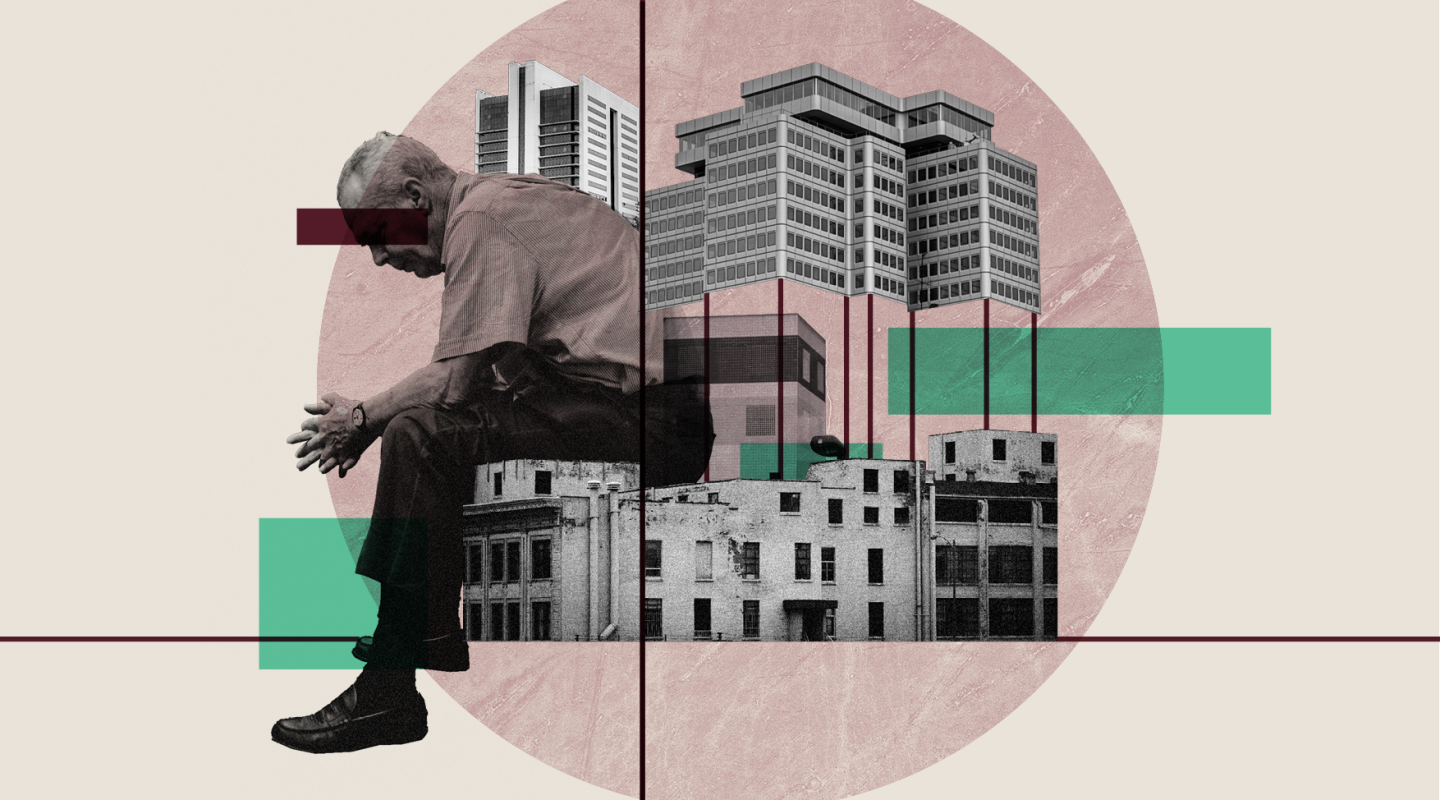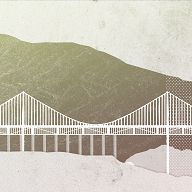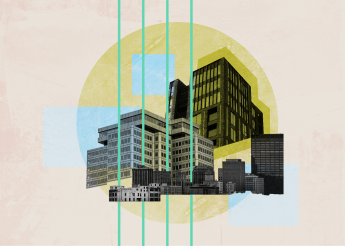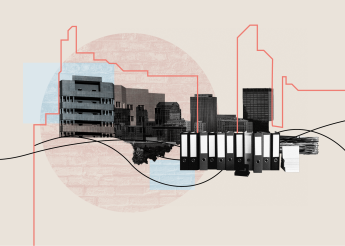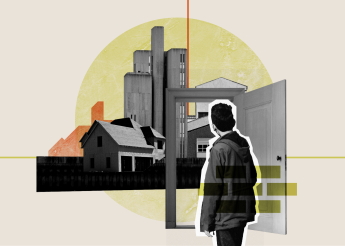Accessing habitation means living in a space and also occupying it, but not just in the physical sense of the term. Regaining independence after leaving the walls of prison is not an easy task. Sometimes people have to re-learn – or learn for the first time – what everyday life in their own home entails: organising their days, doing the housework, cooking, shopping and so on. “Occupying a space is full of challenges: running into neighbours in the stairwell, not bothering everyone when you’re stressed or inebriated, not losing your keys, remembering to take out the trash”, says Pierre Mercier, Director of Le MAS. “There are things you have to bear in mind beyond the material aspects. Occupying isn’t just being shut up in a box so as to not bother the people outside. It also relates to matters of primary safety, social affiliation and ownership. It has to do with relationships with oneself and with the world, and those require work and reflection. How does the person perceive their housing? Do they feel good there? Are they bored? How do they look after themself?”
Support is essential. Prison Insider met some participants of the Passage programme at Le MAS (France) who emphasised how valuable it was to have the team by their side. They said that, at the time of their release, in addition to housing and administrative help, they needed to be able to talk, to feel supported and to know that, if necessary, someone could help them and “stop them from running straight into a wall”.
Hervé Rayter, Director of the socio-judicial division of AJHIRALP, an association in Grenoble, highlights the importance of daily contact with the people receiving assistance – primarily in the context of community placement – which goes beyond the requirements of judicial measures. Taking time at the end of the day to chat with each person is a prime opportunity to learn about how their day went, what they’re feeling, any challenges they’re facing and their concerns. “Sometimes I spend several hours on the telephone because people need to vent or share what’s on their mind. It’s important to make time for them.”
Most of the organisations interviewed also offer activities to help the people they support build confidence and strengthen their capacity for self-reliance.
Marine Tocco mentions that the association Les Foyers Matter works with the local environment centre (Maison de l’Environnement) to raise awareness about environmental issues and with Les Petites Cantines on the topics of social connections and nutrition. People can also participate in the programme “Les clé de chez Moi” (“The keys to my place”) offered by the association Abribus. In a bus transformed into a show flat, they have access to basic training on electricity, plumbing, etc. “The idea is for people to learn to do all these things themselves”, explains Marine Tocco. “Sometimes, we go to the flats and notice that there’s no light. The light bulb burnt out and they had no idea that replacing bulbs is really easy. It’s the same with falling cupboards and clogged sinks and the like.” People who have experienced long periods of incarceration tend to be more disciplined in housing upkeep because for years, their cell was one of their only points of reference. As such, they learned to look after it every day. “In all cases, taking ownership of the housing unit is a challenge. It takes time to get a handle on it, do the housework, etc.”
Peer support schemes and programmes can also facilitate entering habitation and settling into life beyond bars. In Canada, several peer helpers work alongside social workers at the John Howard Society in Montreal and Quebec City. They offer specialised support, including regular meetups, availability by telephone and support for various administrative procedures.
Daniel Vachon, a peer helper at the organisation, says that he himself spent the better part of his early adult life behind bars. He says he was not adequately prepared for his release. While in detention, he did a training course to become a peer helper and be able to assist other incarcerated people in rebuilding their lives following their incarceration. After his release, he worked for 14 years as a psychosocial counsellor in a support structure for homeless people. He joined the John Howard Society of Québec as a peer helper in 2021. “I meet people who voluntarily request to see a peer helper, and we chat about the difficulties they’re encountering and the solutions that could be available to them, taking into account my life experience – my achievements but my failures as well”, says Daniel Vachon. “We meet up somewhere other than an office, for example in a cafe, a park, or some other public place.” He supports people during medical appointments, with administrative procedures to obtain benefits, driving licences or identity cards, and in the search for employment or training. He is also tasked with organising social activities with the volunteer participants: for example, a Christmas dinner, picnics near the river or in the countryside, excursions to a sugar shack or even museum visits. He sees his work as complementary to social work. “The volunteers confide more in me and identify more of their difficulties, since I went through the same experiences. Because I was able to make it through, I’m an example for them; they trust me. We have a better understanding of one another, which helps them accept the support they need to get by and avoid reincarceration.” Daniel Vachon says that the volunteers can count on his presence at all times. “When someone needs a sympathetic ear to confide in or simply to share their pain or distress, we can’t wait until the next day to answer, we have to be there in the moment when the need arises”, he observes. “That’s why I sometimes answer even late at night, and why everyone has my personal telephone number.”
The creation of shared community moments in individual schemes is mentioned by other stakeholders. Hervé Rayter says that AJHIRALP organises group activities and events – exercise, walking, hikes in the woods, barbecues, cultural excursions, etc. – so that the individuals receiving support can gradually recover a social life. He mentions that a reception area and a computer room were installed, designed as community spaces so that people could spend time together and talk to each other.
Gabriel Uribelarrea notes that Housing First initiatives still do not give sufficient consideration to this community-building. He adds that creating community spaces, meeting places and third places is essential in combatting solitude in housing and ensuring the people receiving support can interact. “It seems incredibly important to have a place where people are able to meet up with each other if they so choose, to compare their experiences and give each other advice”, he notes. “In some cities, there are day care centres that support Housing First schemes. People appreciate having these spaces to come relax and have a coffee with others, but also ask questions and receive guidance, even after the support period has ended.”
The problems relating to accessing habitations have long been identified, as have their causes. However, there is no shortage of possible solutions. To develop them, more human and financial resources are needed, which would require political will. Instead, short-term thinking and constant rejection towards the margins seem to prevail. Throughout the discussions for this series, numerous people wondered: since money can always be found to build more and more spaces in prison, what would it take to be able to do the same for social support?
